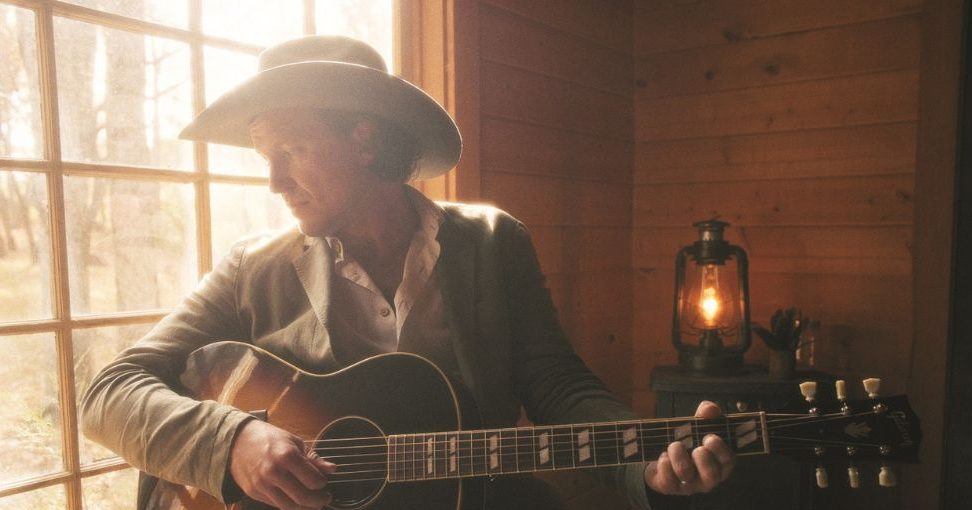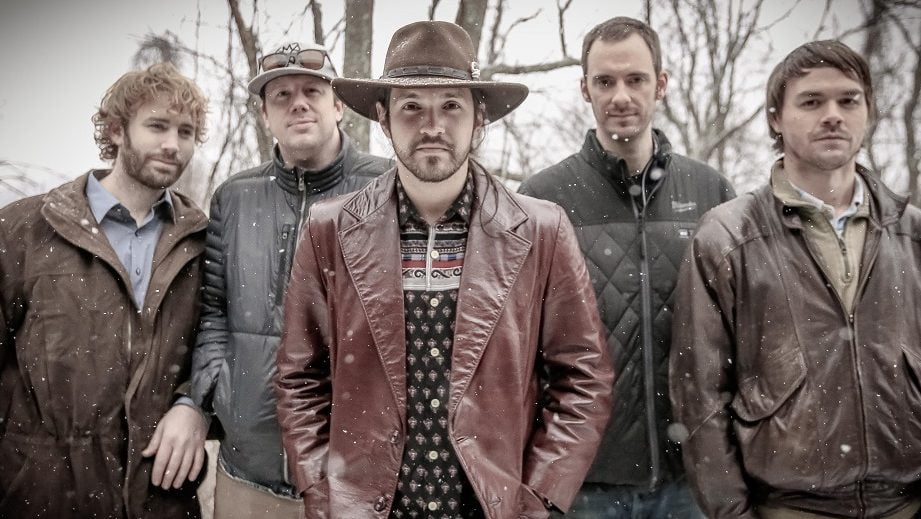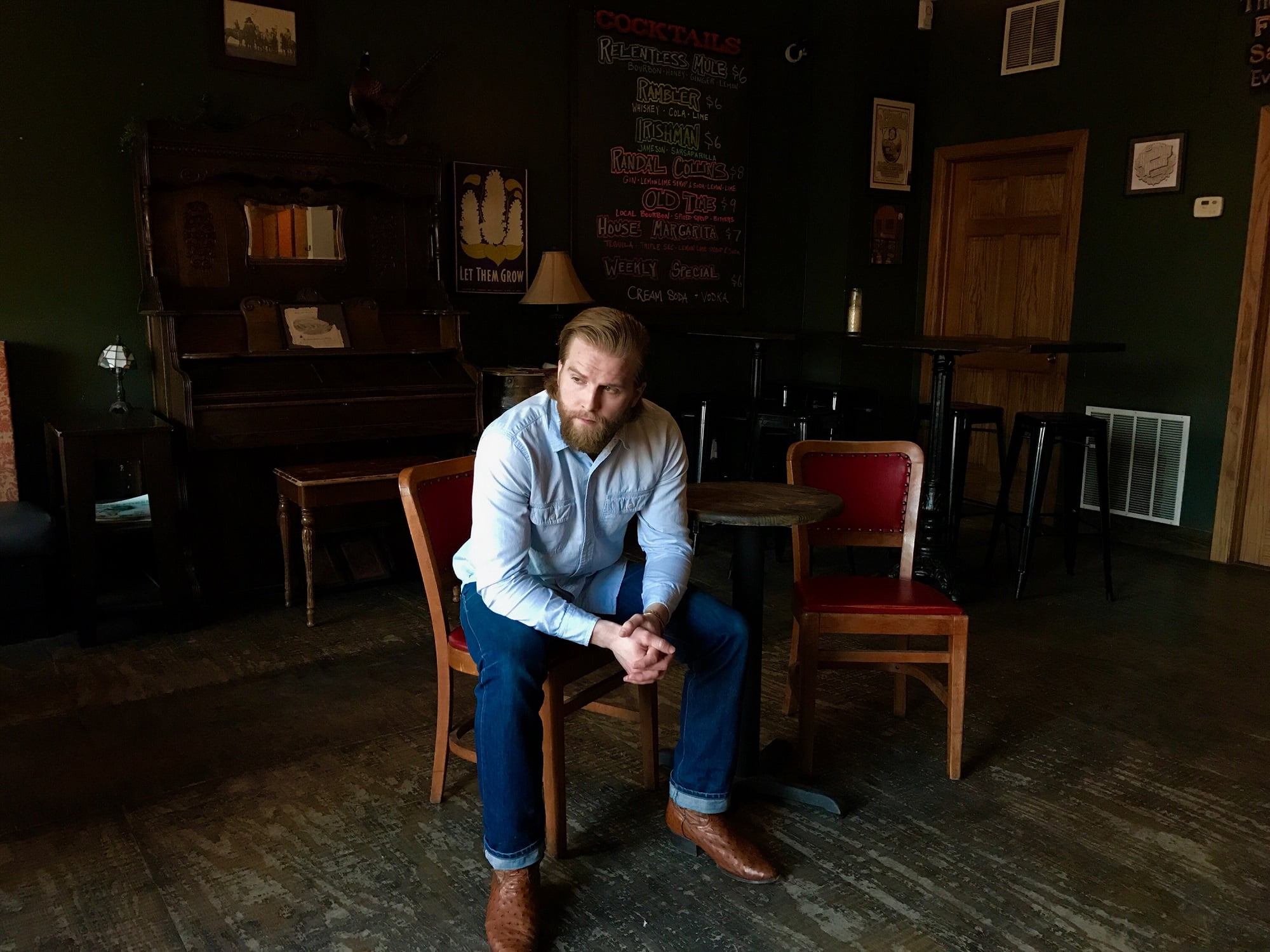Artist: Rodney Rice
Hometown: Morgantown, West Virginia
Latest Album: Rodney Rice
Personal Nicknames: Munch
What was the first moment that you knew you wanted to be a musician?
I gravitated towards guitar and writing lyrics as a kid. It was never a conscious decision. It was something I started doing at a young age that I kept working on and carried with me through all my life events. By that time I went into record my first album writing and playing music was a part of my fabric, my identity, in my DNA. Jason McKenzie (longtime drummer of Billy Joe Shaver) helped get me into the studio for my first album which turned out to be a step change. After I recorded I never thought if people would want to listen to it. Another step change occurred working out of the Bomb Shelter in Nashville which provided a whole new experience by exposing me to a method of recording I hadn’t done before. 2” tape. Seemed fitting to send to vinyl and now I have my first vinyl record.
Which artist has influenced you the most … and how?
This is a tough to select only one. My mind immediately goes to Dylan, Prine, Billy Joe Shaver. I have seen them play shows, front row center stage soaking everything up like a sponge. Equally important are artists I play with on stage and in the studio — they have a huge impact on me. I have been very fortunate to surround myself with great musicians.
How often do you hide behind a character in a song or use “you” when it’s actually “me”?
I heard this discussion somewhere once before, but I can’t recall exactly. For me, I think it’s not a conscious hiding and I usually blend them together. Like in the last verse of “Get to Where I’m Going” where I sing “Loving someone who don’t love you back, puts a pain in your chest like a heart attack / Ain’t nothing left, there’s no point to stay. I played my part, so I’ll be on my way.” In “Every Passing Day” I start with “I got a lead act in a play, that I’m living today.” Yeah, I blend them. But sometimes when I use “you,” I am referring to someone else.
Which elements of nature do you spend the most time with and how do those impact your work?
A large portion of my life was spent on whitewater rivers, but having moved to Colorado, backcountry skiing has been my activity of choice. Staying connected to nature helps keep my mind, body, and soul focused. What I mean by that, these activities in the wilderness are at times physically demanding (body). Conditions can be intense at times, cold and wet, but having to remain mentally focused on the dynamic of the situation (mind). All this taking place in a vast wildness backdrop where I am just a speck on a mountain or a drop in a river (soul). These skills are not lost upon returning. When life is challenging, uncomfortable, stay focused on the task at hand. I think you would find this perseverance in other independent artists. The industry is stacked against us but it’s not a determent. We are all just drops in a big river; we all start and finish the same but take different route over the course of in between.
What’s your favorite memory from being on stage?
Anytime I am playing a new song that I know the audience has yet to hear but somehow, they are singing along to it. I could be way off base, but my thought is “Man, I must have got it right this time!”
Photo Credit: Laura E. Partain



